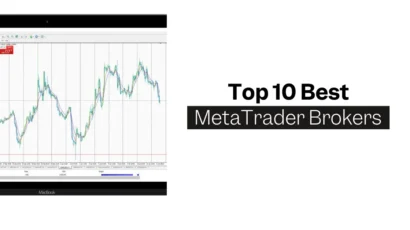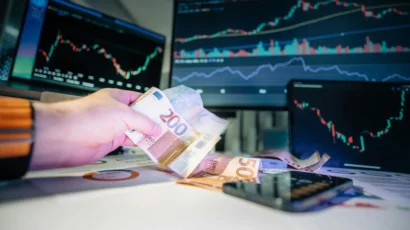Disclosure: Privacy Australia is community-supported. We may earn a commission when you buy a VPN through one of our links. Learn more.
Struggle Between HSBC and Largest Shareholder Ends With No Resolution
A major investor’s effort to break apart HSBC was unsuccessful.
HSBC successfully beat off a move by its biggest shareholder to divide up the bank at the annual general meeting, which often deteriorated into pandemonium.
Ping An, a massive insurance company in China, has been trying to split the bank apart for over a year now.
Investors rejected the proposal in May, and it had no backing from other major owners. The ruling “draws a line” in the sand, according to Mark Tucker, chairman of HSBC.
Causes of the Conflict
Despite being headquartered in London, Asia is where HSBC makes the majority of its money.
With its 8 per cent stake in HSBC, Ping An has requested that the bank divide its Asian businesses.
The article argues that the bank’s successful operations in Asia are helping shore up its less successful Western branches, which are under competition from online-only banks. If HSBC were to be splintered off, it may not fall under external government’s regulation.
Ping An and Ken Lui, an individual shareholder in Hong Kong-based HSBC, required 75% of all votes cast to approve the split at the AGM.
They failed to do so because they lacked backing from other major institutional investors.
Mr. Tucker warned shareholders at the AGM that closing the bank would be a huge risk to its global strategy and a costly mistake.
Management Philosophy and International Conditions
The AU government’s war on inflation makes asset management increasingly crucial. Tucker argued that shareholders’ best interests would not be served by breaking up the bank. His statements at the Birmingham AGM were often interrupted by climate change protesters, who say HSBC is not doing enough to prevent its backing of detrimental industries and companies.
At the meeting, Mr. Lui said that he would not relent in his efforts to convince HSBC’s many small shareholders in Hong Kong to support the break-up plan.
It’s not obvious what Ping An will do next, but it’s evident that factors other than profit are at play.
Ping An is partially owned by the Chinese government, leading some to speculate that it may serve as a political and economic proxy for Beijing.
Hong Kong is the centre of China’s financial world, and HSBC is the city’s most recognisable financial institution.
Some people think it’s a bad idea for Beijing to trust Westerners with its most valuable asset.
Consider the economic consequences for Russia of their invasion of Ukraine as an example.
In the case of a similar geopolitical crisis involving China, which is far from improbable given the tensions over Taiwan and the South China Sea, control of one of Asia’s largest banks would be vital.
Conclusion
Neither Ping An nor China is happy with the current situation. This may provide some understanding of why Ping An is pushing HSBC so publicly and forcefully to participate in shareholder activism, as is more common among Western investors.
Somebody who isn’t afraid to The Chinese government is no longer afraid to make its voice heard on the international scene. Steve warned that the high stakes necessitate proceeding with caution when dealing with HSBC.





